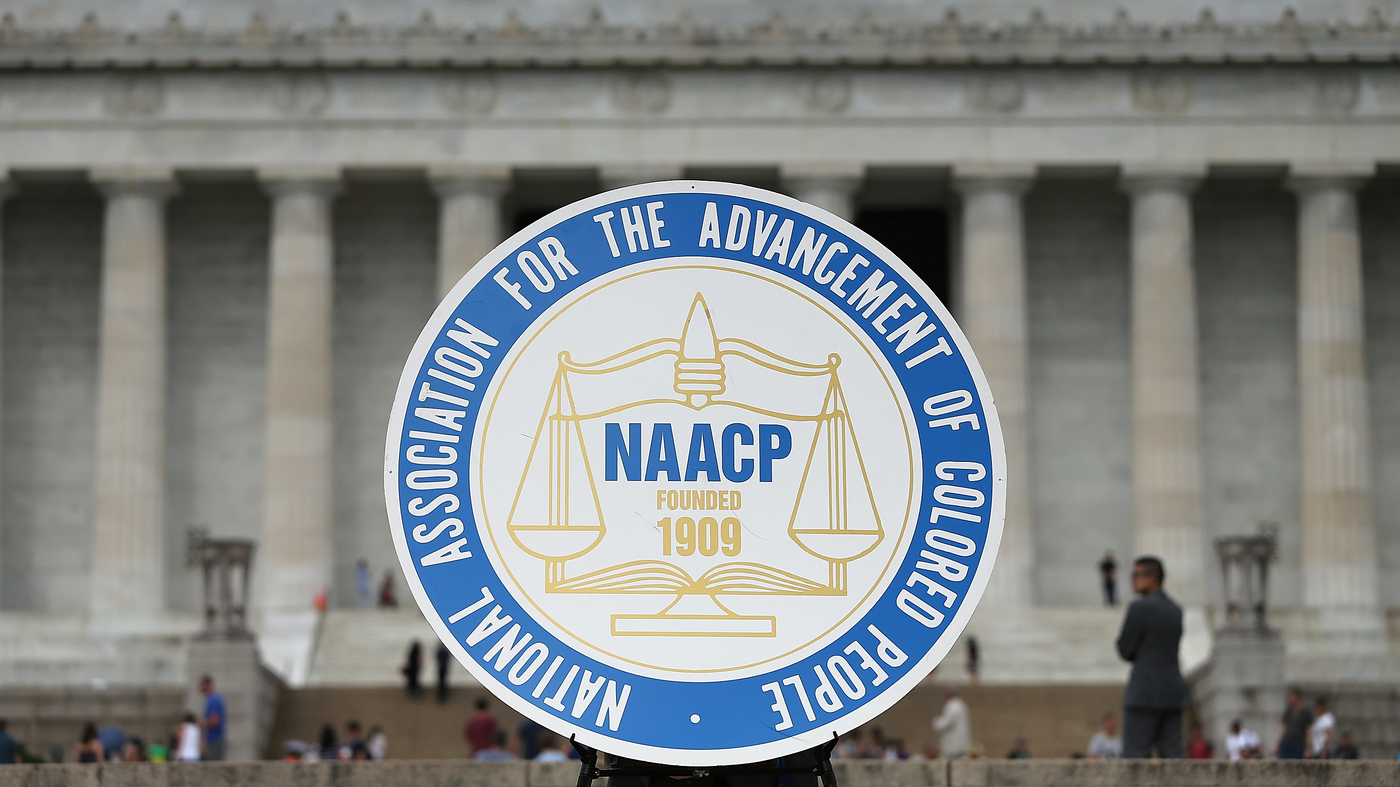A Historic Exclusion: The NAACP’s Decision to Not Invite President Trump
A Tradition Interrupted: 116 Years of Presidential Engagement
The National Association for the Advancement of Colored People (NAACP) has a rich history of inviting U.S. presidents to its annual conventions, a tradition that has spanned over a century. This practice has been a testament to the organization’s commitment to open dialogue and engagement with the nation’s leadership. However, in a bold and unprecedented move, the NAACP announced that it would not invite President Donald Trump to its 116th National Convention, scheduled to take place in Charlotte, North Carolina, from July 12-16, 2025. This decision marks the first time in the organization’s history that a sitting U.S. president has been excluded from the annual event, effectively breaking a tradition that has stood for over a century.
The NAACP’s annual convention has historically served as a platform for presidents to address critical issues facing the African American community. These appearances, while sometimes contentious, have provided an opportunity for presidents to articulate their policies and perspectives to a vital constituency. The inclusion of President George W. Bush at the 2006 convention is a recent example of this long-held tradition. The consistent extension of the invitation, regardless of political affiliation, has underscored the NAACP’s dedication to maintaining a line of communication with the highest office in the country.
The Catalyst for Change: Condemnation of Undermining Democracy
The decision to deviate from this deeply ingrained tradition was not made lightly. The NAACP explicitly cited the Trump administration’s actions as detrimental to democracy and civil rights as the primary justification for the exclusion. The organization condemned what it perceives as President Trump’s attempts to undermine democratic institutions and processes. This condemnation is not merely a matter of political disagreement; it is framed as a fundamental threat to the principles the NAACP has championed for over a century.
The NAACP views the administration as disrespectful to the Constitution and the rule of law. The organization’s leadership believes that providing a platform for what they characterize as “fascism” would be unacceptable and counterproductive to their mission. This strong language highlights the depth of the organization’s concerns and the severity of the perceived threat. The decision is not about silencing a voice but rather about refusing to legitimize policies and rhetoric deemed harmful to the progress of civil rights.
A Symbolic Act with Far-Reaching Implications
The NAACP’s decision to exclude President Trump from its national convention is a potent symbolic act. By breaking with a 116-year tradition, the organization is sending an unequivocal message to the Trump administration and the nation. It signals a level of disapproval that goes beyond typical political opposition. It is a declaration that the NAACP will not normalize or condone actions it believes are actively eroding the foundations of a just and equitable society.
This move is likely to galvanize both supporters and critics. For those who share the NAACP’s concerns about the direction of the country, the decision will be seen as a courageous and principled stand. For others, it may be viewed as divisive and overly partisan. Regardless of individual perspectives, the decision is certain to fuel further debate about the state of race relations, political polarization, and the future of American democracy.
Beyond Trump: A Broader Statement on Leadership
While the immediate focus is on President Trump, the NAACP’s action also serves as a broader statement about the qualities of leadership it expects from the nation’s highest office. The organization is implicitly defining the boundaries of acceptable behavior and articulating its non-negotiable principles. It is a reminder that engagement requires mutual respect, a commitment to justice, and a willingness to uphold the values enshrined in the Constitution.
The NAACP’s stance suggests that simply holding office is no longer sufficient to warrant the organization’s platform. Leaders must demonstrate a genuine commitment to civil rights, democratic principles, and the well-being of all Americans. This sets a new precedent for future engagements and raises the bar for presidential participation in NAACP events.
A Defining Moment: The Legacy of the Exclusion
The NAACP’s decision to not invite President Trump to its national convention is a defining moment in the organization’s history. It represents a bold departure from tradition, driven by a deep conviction that the current political climate demands a strong and unequivocal response. The act is not merely a protest against a single administration but a reaffirmation of the NAACP’s enduring commitment to fighting for justice, equality, and the preservation of democratic values.
The reverberations of this decision will likely be felt for years to come, shaping the relationship between the NAACP and future administrations and serving as a powerful reminder of the importance of principled leadership in a rapidly changing world. It is a moment that will be studied and debated, solidifying its place as a pivotal event in the ongoing struggle for civil rights in America. This decision underscores the NAACP’s unwavering dedication to its mission and its willingness to take bold stands in the face of perceived threats to democracy and civil rights.











